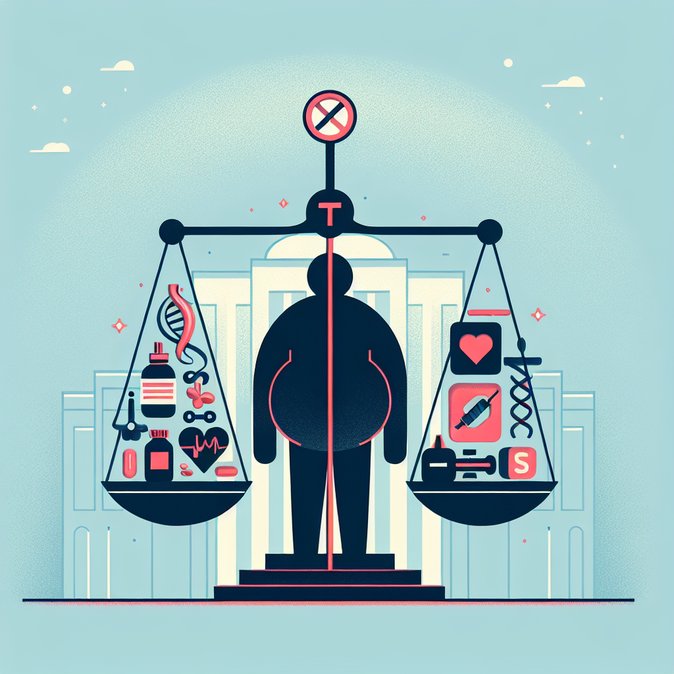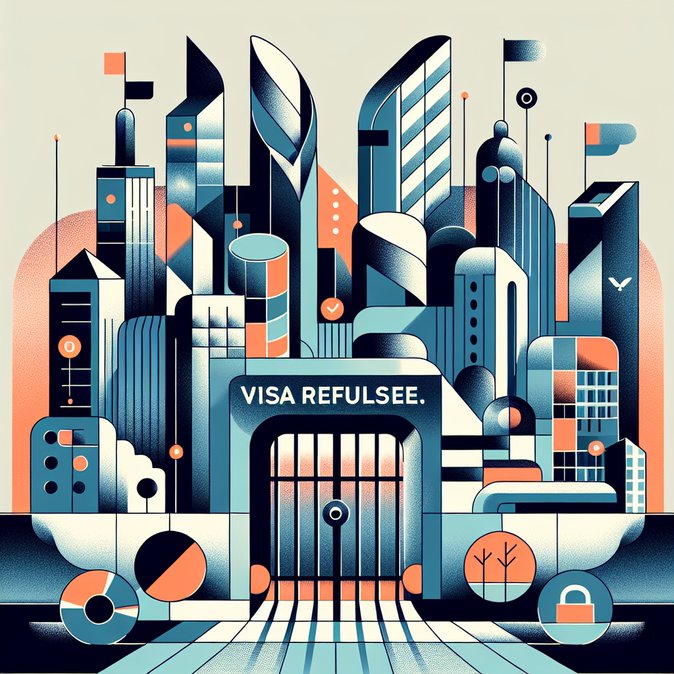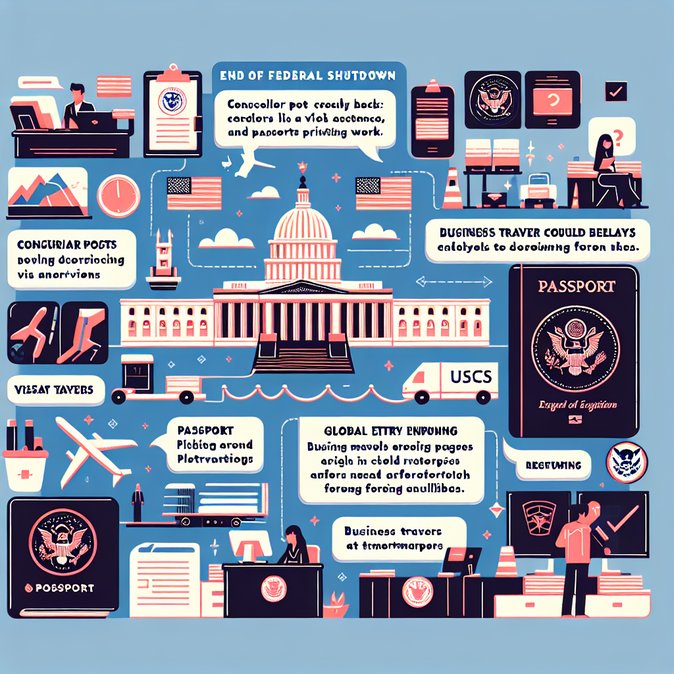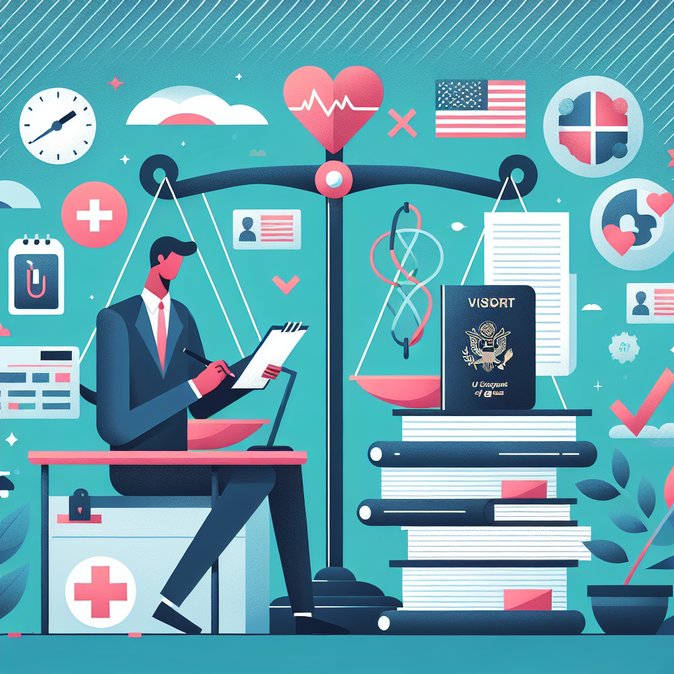
In a sweeping policy expansion confirmed on November 13, Secretary of State Marco Rubio ordered U.S. embassies and consulates to treat common chronic illnesses—including obesity, cardiovascular disease, cancer, diabetes and serious mental-health conditions—as “negative factors” when deciding whether an applicant is likely to become a “public charge.” The guidance, circulated in a November 6 classified cable and now verified by multiple media outlets, instructs officers to weigh the lifetime medical costs of applicants and their dependents alongside existing income, age and education criteria.
Until now, medical grounds for visa refusal were largely limited to contagious diseases that pose a public-health risk or conditions requiring government-funded institutionalization. By adding non-communicable diseases that afflict hundreds of millions worldwide, the Trump administration dramatically broadens consular discretion. Immigration attorneys say the change could disqualify otherwise admissible students, specialized workers and multinational executives who are overweight or in cancer remission, even if they hold private insurance.
![New State Department Cable Lets Consular Officers Deny Visas Over Obesity, Cancer or Diabetes]()
The cable applies to all temporary and permanent visa classes, from B-1/B-2 visitors and H-1B professionals to F-1 students and immigrant petitions. Humanitarian categories such as refugees and certain special immigrant visas remain exempt. The State Department asserts the directive merely enforces long-standing self-sufficiency rules, but critics liken it to a resurrected—and expanded—version of the 2019 “public-charge” regulation struck down by federal courts.
Practical implications for global mobility: Multinationals may need to reassess the medical documentation they provide in support of L-1 and H-1B petitions, ensure that employer-paid insurance meets minimum-value standards, and prepare for heightened Requests for Evidence (RFEs) that probe family medical histories. Foreign assignees with chronic conditions should expect additional scrutiny at the medical-exam stage and potentially longer adjudication timelines.
Advocacy groups are preparing litigation, arguing that the policy violates the Rehabilitation Act by discriminating on the basis of disability. Unless a court issues an injunction, the guidance is effective immediately—meaning visa applicants with upcoming interviews should bring evidence of comprehensive health coverage and sufficient assets to cover potential U.S. healthcare costs.
Until now, medical grounds for visa refusal were largely limited to contagious diseases that pose a public-health risk or conditions requiring government-funded institutionalization. By adding non-communicable diseases that afflict hundreds of millions worldwide, the Trump administration dramatically broadens consular discretion. Immigration attorneys say the change could disqualify otherwise admissible students, specialized workers and multinational executives who are overweight or in cancer remission, even if they hold private insurance.

The cable applies to all temporary and permanent visa classes, from B-1/B-2 visitors and H-1B professionals to F-1 students and immigrant petitions. Humanitarian categories such as refugees and certain special immigrant visas remain exempt. The State Department asserts the directive merely enforces long-standing self-sufficiency rules, but critics liken it to a resurrected—and expanded—version of the 2019 “public-charge” regulation struck down by federal courts.
Practical implications for global mobility: Multinationals may need to reassess the medical documentation they provide in support of L-1 and H-1B petitions, ensure that employer-paid insurance meets minimum-value standards, and prepare for heightened Requests for Evidence (RFEs) that probe family medical histories. Foreign assignees with chronic conditions should expect additional scrutiny at the medical-exam stage and potentially longer adjudication timelines.
Advocacy groups are preparing litigation, arguing that the policy violates the Rehabilitation Act by discriminating on the basis of disability. Unless a court issues an injunction, the guidance is effective immediately—meaning visa applicants with upcoming interviews should bring evidence of comprehensive health coverage and sufficient assets to cover potential U.S. healthcare costs.


